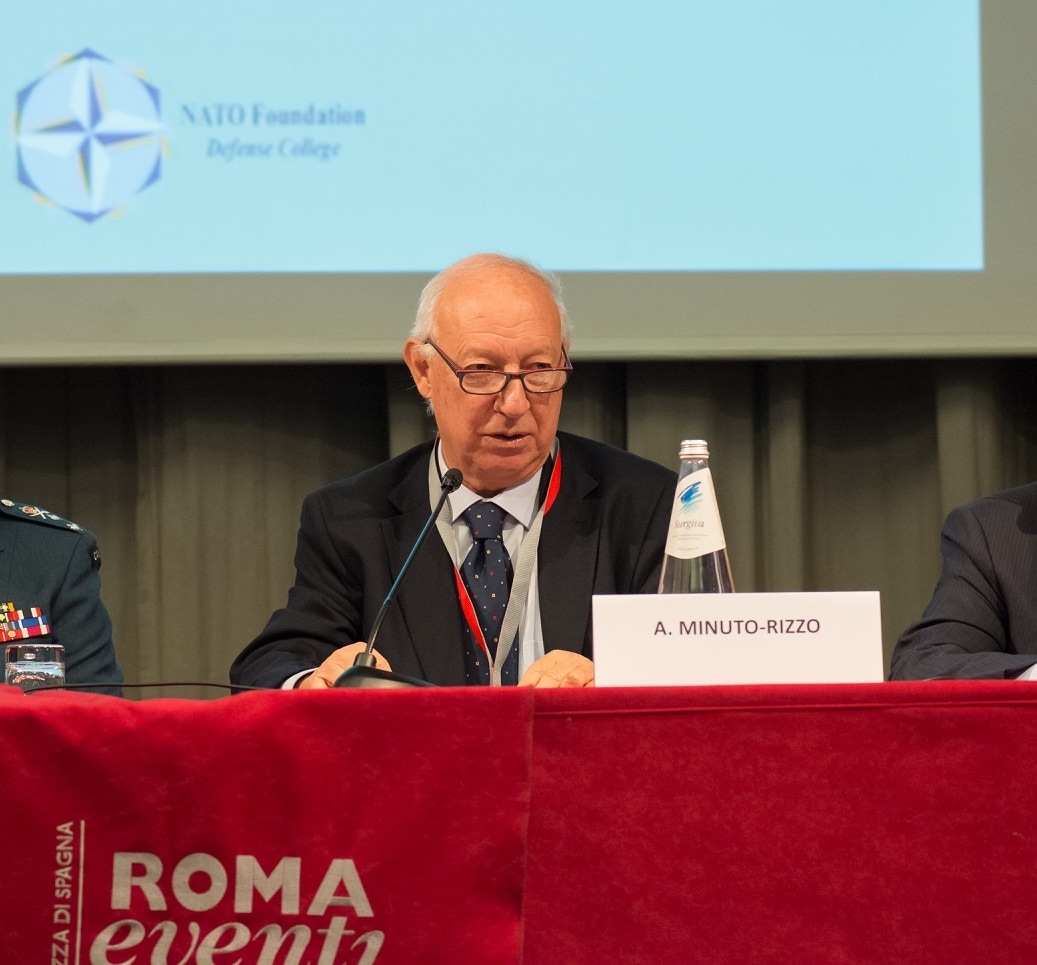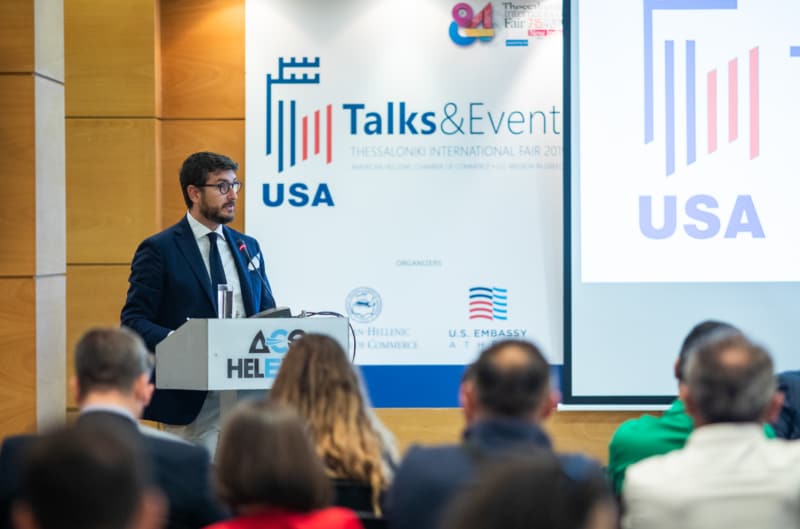
Latest Eurobarometer survey shows EU citizens still in the dark about links between black-market tobacco and organized crime
27 AUG 2019

The most recent Eurobarometer survey on the perception of illicit tobacco trade has shown that people across the EU are still relatively unaware of its importance in contributing to the funding of organized crime. Only 15 percent of respondents told those carrying out the 2019 survey that they thought black market cigarettes were one of the most important sources of revenue for organized crime. This is similar to when the same question was asked in the first questionnaire in the series back in 2015. This is despite the well-known role of illicit tobacco as a major source of income for criminal groups.
The Eurobarometer survey is part of an EU Action Plan, including measures, which seek to ensure the effective fight against illicit tobacco products. They include actions to fully exploit the potential of the World Health Organization's Framework Convention on Tobacco Control (FCTC) Protocol and the roll-out of the new EU traceability system, required under the Protocol. Other examples include measures to engage key source and trade countries, thus limiting the supply arriving at EU's borders, as well as raising awareness among consumers.
The Eurobarometer is designed to help EU member states raise awareness of their efforts to lower the demand for illegal tobacco. According to the EU anti-fraud office, OLAF, “illicit tobacco trade is dominated by organized crime gangs and causes a loss to public revenues of the EU and member states of about EUR 10 billion every year.”
Key findings
When asked what were the main problems that black market cigarettes posed:
- 40 percent said tax losses for governments
- 38 percent mention revenue for organized crime
- 33 percent cite the lack of quality control of these cigarettes
- 28 percent said that it encourages smoking among young people by making cigarettes cheaper and easier to obtain
When asked what the important sources of revenue for organized crime were:
- 71 percent said illegal drugs are one of them
- 42 percent think that prostitution and human trafficking are important sources
- As mentioned above, only 15 percent of respondents mentioned black market cigarettes
When asked what the main reasons were to smoke black-market cigarettes:
- 75 percent said the low price
- 9 percent said easy availability
Other findings:
- Black-market cigarettes are said by respondents to be at least 30 to 50 percent cheaper than legal cigarettes.
- 17 percent of the respondents said they have been offered black-market cigarettes, 2 percentage points down from 2015.
- 31 percent said they would be able to tell a packet of black-market cigarettes from a legal packet, while 58 percent are not confident they could.
Responding to the findings, PMI’s Director of Illicit Trade Prevention for the EU, Matteo Mattei, said that “to put an end to the illicit tobacco trade, we don’t only need to address the supply of illegal products but also the demand from consumers. People need to understand the serious consequences that lie behind buying illicit cigarettes. It’s not just about depriving governments or legitimate businesses of revenues, but more importantly, providing criminal organizations with resources that can finance other criminal activities.” Mattei added that “no one government or single industry can address this complex problem on its own. Today it’s more important than ever to sustain our collective efforts and promote an inclusive dialogue around solutions to tackle this issue that affects not only the EU, but the world.”
The survey is designed to help member states have good information so they can address the demand side of the black market and raise awareness among consumers. But it’s not the only thing that member states are doing. There have been many awareness campaigns across the EU organized by the authorities.
- The photo at the top of this piece is from a recent campaign in Hungary created by Hungarian tax authorities and manufacturers. The message is: “Illicit cigarettes are cheap; freedom is expensive.” The campaign was focused more on rural areas, where there is lower awareness about the risks of illicit tobacco.
- In Latvia, authorities have an awareness-raising campaign called “#Fraud off” that includes a call to not buy other sorts of illicit goods as well.
- In neighboring Estonia, a campaign by the industry in cooperation with the country’s Tax and Customs Board has been running for many years.
- Other countries, such as Spain, have been running industry-led campaigns, too.
It will take a wide-ranging effort borne out of partnership and collaboration to counter the demand still prevalent across the EU for illicit tobacco and goods in general.


